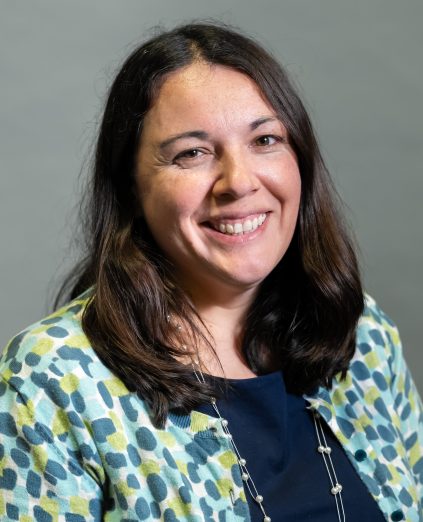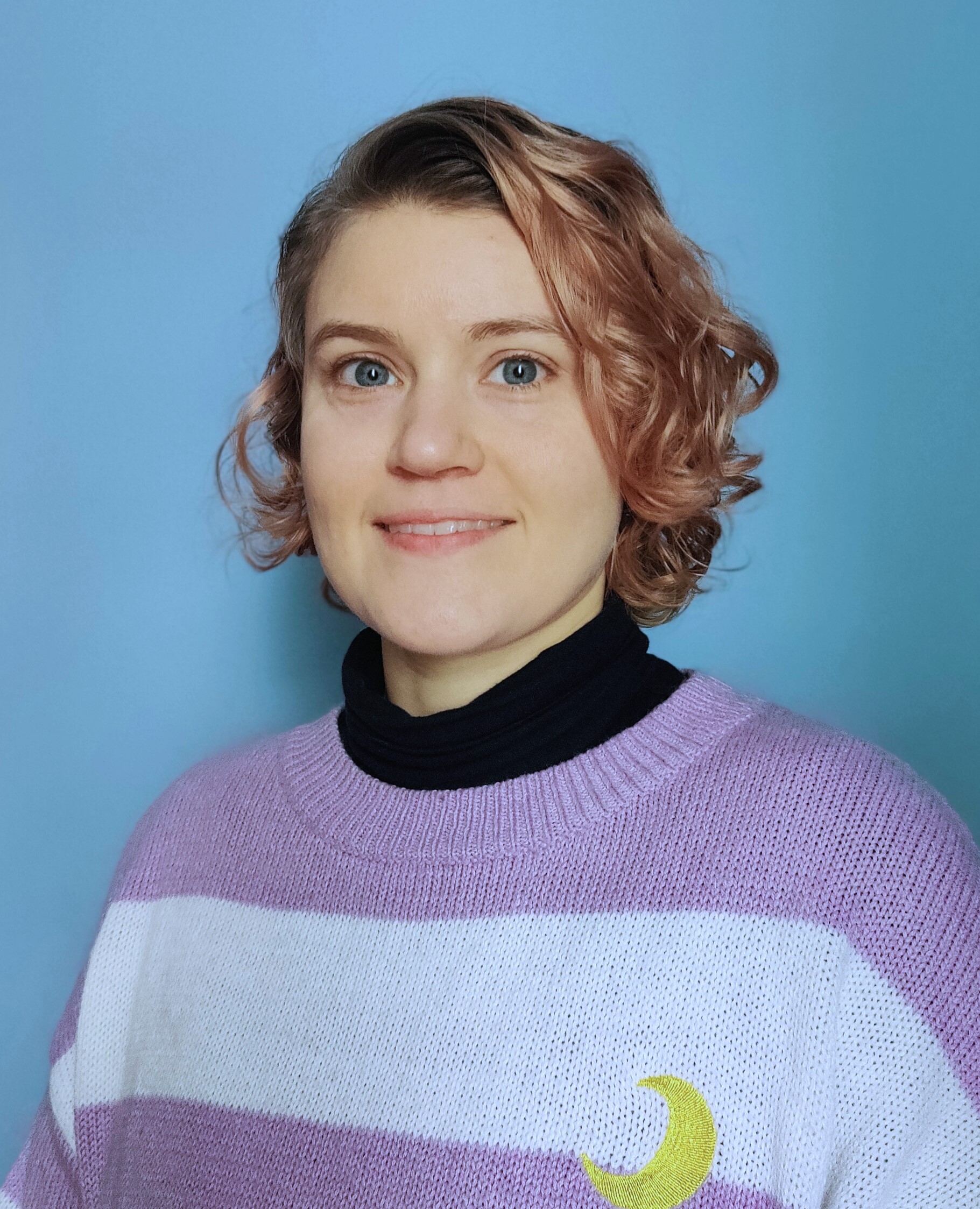Building a Workforce Readiness Model for Older Adults: An Examination of the AmeriCorps Seniors Workforce Development Program
Project Staff

Dr. Jennifer Crittenden, Ph.D., MSW
Dr. Crittenden Bio

Lenard Kaye, D.S.W./Ph.D.
Len’s Bio

Mary Lou Ciolfi, JD, MS
Mary Lou’s Bio

Rachel Coleman, Ph.D.
Rachel’s Bio

Catherine Taylor
Catherine’s bio
Project Summary
With increasing life expectancy and longevity, combined with concerns of financial insecurity, older adults are remaining in the workforce longer or re-entering the workforce in later life. However, despite these shifts, many older adults face barriers in accessing employment. To address these challenges, AmeriCorps Seniors has launched the Senior Workforce Development Senior Demonstration Project (SWD SDP) to incubate successful models of workforce development that pair community service with education, training, and mentorship to help older adults secure sustainable long-term employment. The UMaine Center on Aging and the University of Maine Consortium for Aging Policy Research and Analysis (CAPRA) will carry out a three-year mixed methods study of the seven inaugural programs funded across the U.S. under the SWD SDP initiative. Using principles drawn from the Practical, Robust Implementation and Sustainability Model (PRISM) of implementation science, the research will entail:
This study is guided by a national advisory committee of experts in the field of aging, workforce development, and older adult advocacy.
Study findings will identify effective older adult workforce development strategies that are not only consistent across settings but also responsive to local contexts.
Learn more about the AmeriCorps Seniors Workforce Development Program
View the list of Workforce Development Program grantees and programs
Project Updates
Project updates are issued quarterly. Click below for more detail.
Project Publications and Presentations
Tipsheets
Advisory Committee
This project is guided by an expert Advisory Committee that provides input and guidance on research and project activities. Click below to view a list of Advisory Committee members.
Funding Acknowledgement
This material is based upon work funded by the Office of Research and Evaluation at AmeriCorps under Grant No. 22REAME001 through the National Service and Civic Engagement research grant competition. Opinions or points of view expressed in this document are those of the authors and do not necessarily reflect the official position of, or a position that is endorsed by, AmeriCorps.
Activities featured on this website funded under AmeriCorps grant# 22REAME001 will comply with the Executive Orders and other guidance issued in January and February 2025 and all subsequent Executive Orders by the federal executive branch. This website contains content that predates those EOs and guidance; we continue to publish that material so as to provide a full historical record of the project.
Questions?
If you have questions about the project, please contact Mary Lou Ciolfi, Project Director, at marylou.ciolfi@maine.edu.
